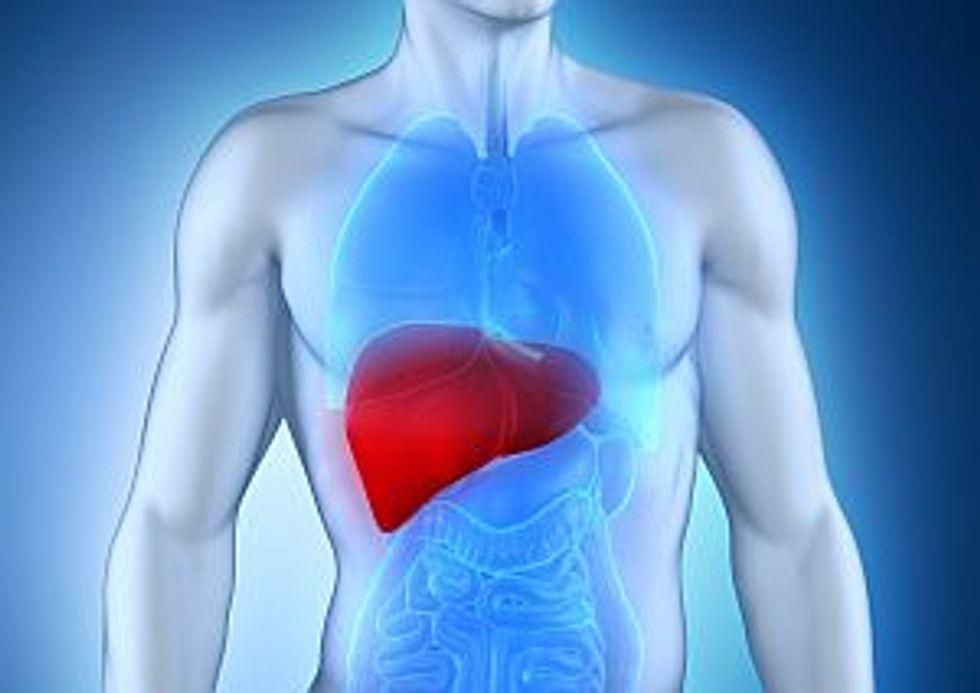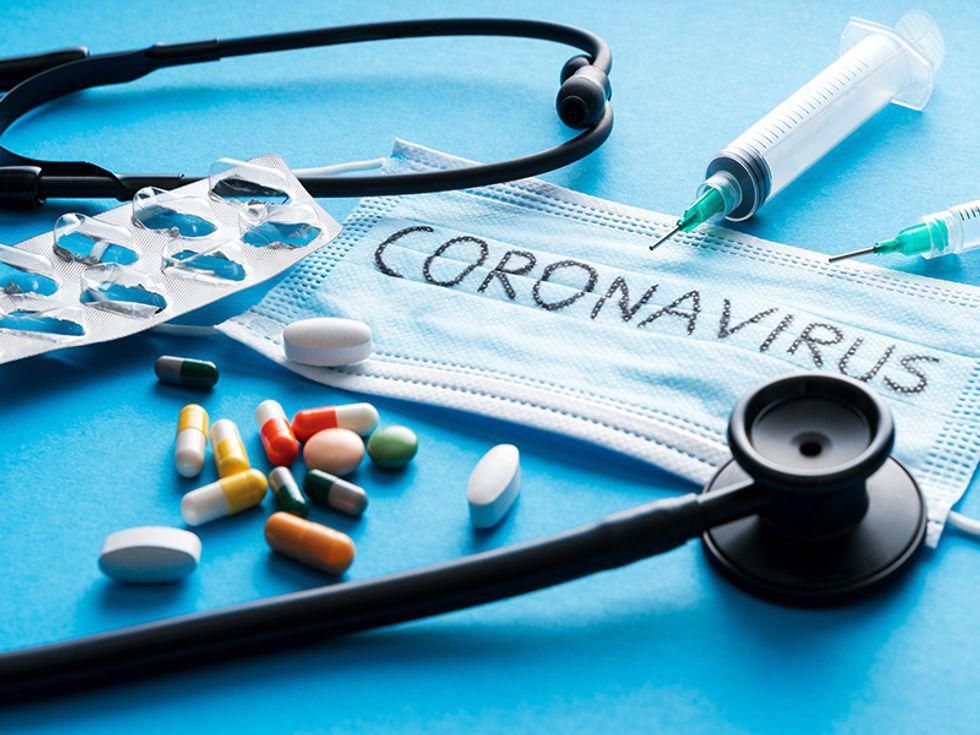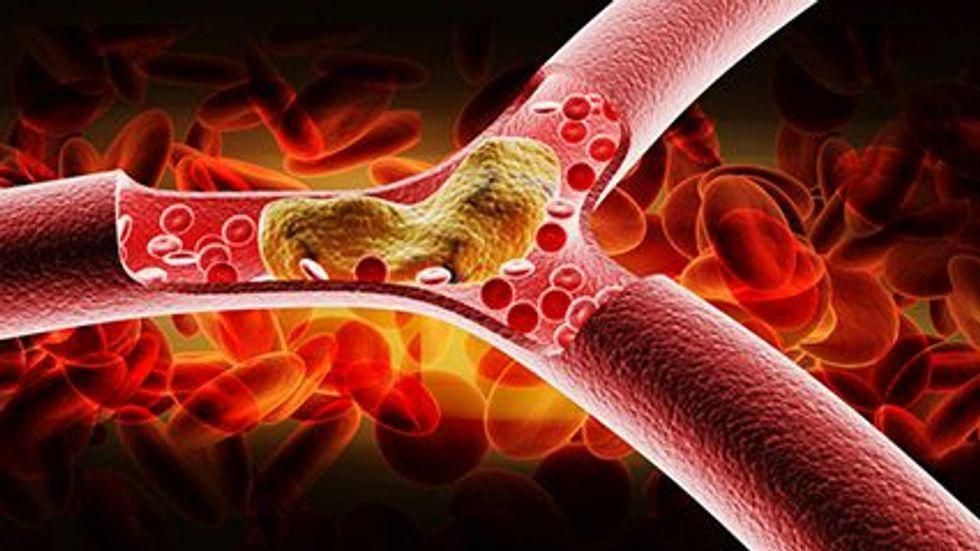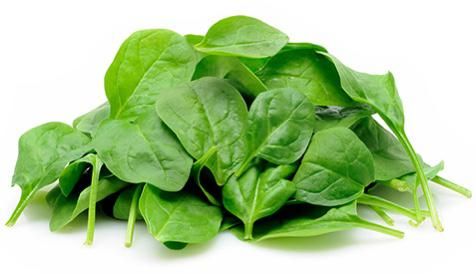
Most people know that sun-sourced vitamin D is good for their bones. So could avoiding the sun to reduce skin cancer risk weaken your bones? A new study brings a reassuring answer: “Sun-protective” behavior — wearing long sleeves, seeking shade or using sunscreen — “was not associated with decreased bone mineral density or increased risk… read on > read on >






























